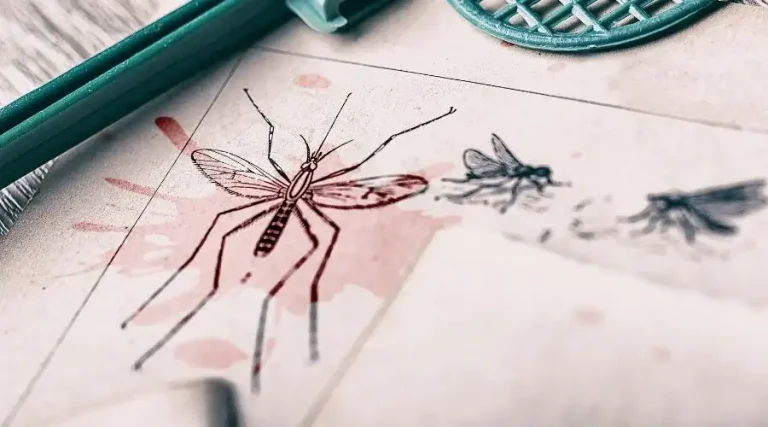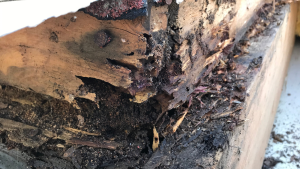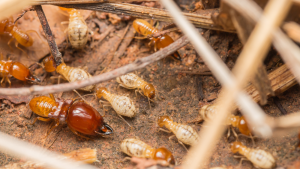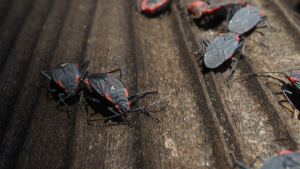Pest management is an indispensable facet of maintaining buildings and properties, often overlooked despite its critical importance. Regardless of whether one is managing a vibrant restaurant, an elegant hotel, a dynamic school, or an expansive farm, the repercussions of disregarding pest control can be profound. In the following discourse, we shall meticulously explore the myriad challenges these establishments face in contending with pests. Moreover, we shall proffer pragmatic remedies and strategies to curb these challenges, fostering environments conducive to health, safety, and prosperity.
Dealing with pests in Vista, California? Trust our experienced team to provide thorough and affordable Vista pest control services for your residential or commercial property.
Understanding the Pest Control Landscape
Pest control constitutes a pivotal industry addressing a spectrum of nuisances, including insects, rodents, and wildlife. These intruders risk human health, structural integrity, and environmental equilibrium. Pest control professionals employ diverse tactics, such as specialized insecticides or targeted interventions, tailored to each scenario. Their role is indispensable in safeguarding our habitats from pest-induced harm.
Significance of Pest Control in Various Work Environments
The significance of pest control in diverse work environments extends far beyond mere convenience—it is an absolute necessity for upholding safety and hygiene standards. Consider eateries and lodgings, where pests such as insects have the potential to infiltrate food supplies, posing severe health risks and causing irreparable damage to reputations. In educational institutions, pests disrupt learning and compromise the well-being of students and staff alike. Likewise, pests can decimate crops in agricultural settings, leading to staggering financial losses. Therefore, urgent action to address pest issues is indispensable for safeguarding public health and business interests, ensuring a sustainable and thriving environment.
Common Approaches to Pest Control
Common Approaches to Pest Control encompass a variety of methods, with Integrated Pest Management (IPM) standing out as the predominant strategy adopted across industries. IPM integrates a multifaceted approach involving meticulous sanitation practices, habitat alterations, implementation of biological controls, and selective use of chemical interventions. Nevertheless, the specific tactics employed may vary depending on the type of pest infestation and prevailing environmental conditions. By embracing adaptable and comprehensive methodologies, organizations can mitigate pest-related challenges while minimizing adverse impacts on ecosystems and human health.
Dos and Don’ts of Pest Control
Dos:
Regular Inspection: Conduct frequent pest checks to nip issues in the bud, preventing extensive damage.
Maintain Cleanliness: Uphold cleanliness standards to deter pest attraction. Promptly dispose of refuse, clean spills, and store food in airtight containers.
Seal Entry Points: Close gaps in walls, floors, and entrances to thwart pest ingress. Weather stripping or caulking are effective measures.
Don’ts:
Overreliance on Chemical Pesticides: While pesticides offer temporary relief, excessive usage poses risks to humans and ecosystems. Explore alternative measures like biological controls or traps to minimize chemical dependency.
Ignoring Pest Problems: Address pest sightings promptly to prevent proliferation and mitigate damage.
Prioritize Pest Prevention
Proactive pest prevention is paramount. Instead of reacting to infestations, preemptive measures yield superior results. Installing screens on windows and doors, disposing of waste properly, and repairing structural flaws form a robust defense against pests, ensuring safety and satisfaction.
Tailoring Solutions to Specific Environments
Restaurants: Maintain impeccable hygiene, adhere to proper food storage practices, and conduct regular pest inspections.
Hotels: Educate staff on pest management, implement routine room checks, and fortify entry points.
Schools: Foster cleanliness, store food securely, and conduct periodic pest assessments.
Agricultural Operations:
- Diversify crops to deter pests.
- Utilize natural repellents.
- Implement biological pest control methods.
Pest control is indispensable in diverse industries, encompassing hospitality, education, and agriculture. By acknowledging sector-specific challenges and embracing proactive pest management strategies, businesses can uphold their reputation, safeguard public health, and mitigate financial losses. Remember, prevention is the linchpin of effective pest control—act now to maintain a pest-free workplace.





